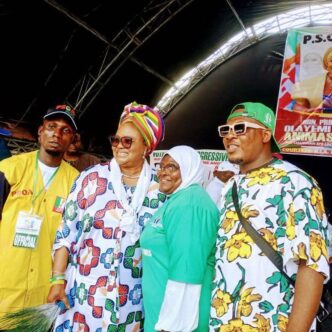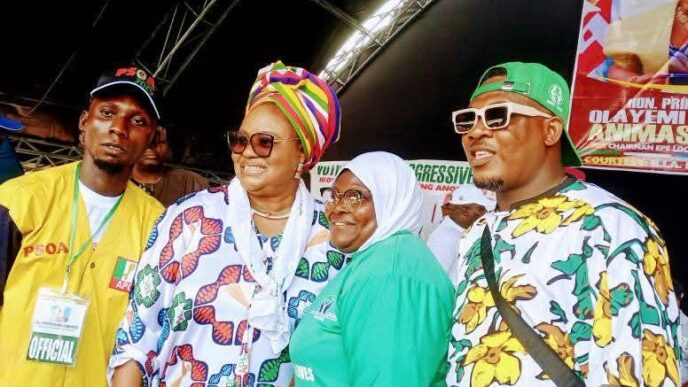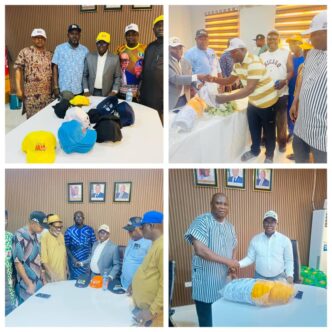The Lagos State Government has begun the immediate enforcement of its ban on specific categories of single use plastics (SUPs) considered harmful to the environment.
EpeInsights reports that the enforcement, which officially started on Tuesday, July 1, 2025, targets plastics less than 40 microns in thickness, with violators now facing stiff penalties.
Commissioner for the Environment and Water Resources, Mr. Tokunbo Wahab, made this known during a press briefing at the ministry’s headquarters in Alausa, Ikeja.
He made it clear that the government will not reverse the July 1 enforcement date, having provided stakeholders with ample time to adapt.
Wahab explained that the ban excludes pure water sachets and PET bottles. However, styrofoam food containers, plastic straws, disposable cups and cutlery, and lightweight nylon bags are all now prohibited within the state due to their damaging impact on drainage channels, marine ecosystems, and the wider environment.
He noted that the state had granted an 18-month moratorium followed by an additional six-month grace period which expired on June 30, 2025.
According to him, any producer who failed to switch to alternatives within this extended period has simply demonstrated a lack of interest in compliance.
The commissioner emphasized that Lagos, as a coastal city, can no longer afford to ignore the risks posed by these plastics.
He stressed that clogged drains caused by plastic waste divert millions of naira meant for other social services into emergency cleanup operations, adding that environmental safety remains a top priority for the government.

Wahab pointed out that the global momentum against single use plastics has been growing steadily.
Since Bangladesh first implemented such a ban in 2002, more than 70 countries have adopted similar measures, while 33 others have introduced fees to discourage plastic bag usage.
Clarifying further, the commissioner stated that the ban does not affect the overall production of plastics in Lagos State.
Manufacturers and distributors may continue operations, but any sale or distribution of the banned categories within the state will attract sanctions.
He stated that there will be no job losses as a result of the ban. Instead, he expressed confidence that producers will shift to more sustainable materials, thereby creating new opportunities in the green economy.
He warned that any markets or stores found stocking or selling the restricted plastic items would be sealed, their goods confiscated, and the operators prosecuted in line with Lagos State environmental laws. While specific enforcement tactics remain undisclosed, Wahab assured the public that strategies have been finalized to ensure full compliance.
Present at the briefing were top officials from key environmental and regulatory agencies, including the Permanent Secretary of Environmental Services, the Permanent Secretary for Drainage Services, the Managing Director of the Lagos Waste Management Authority, the General Managers of LASPARK and LASEPA, and senior representatives from KAI, LASWAMO, LASAA, and other departments under the Ministry of the Environment and Water Resources.
Wahab concluded by affirming the government’s commitment to environmental sustainability, public health, and responsible governance, urging all residents and stakeholders to support the effort to keep Lagos clean, safe, and livable.











